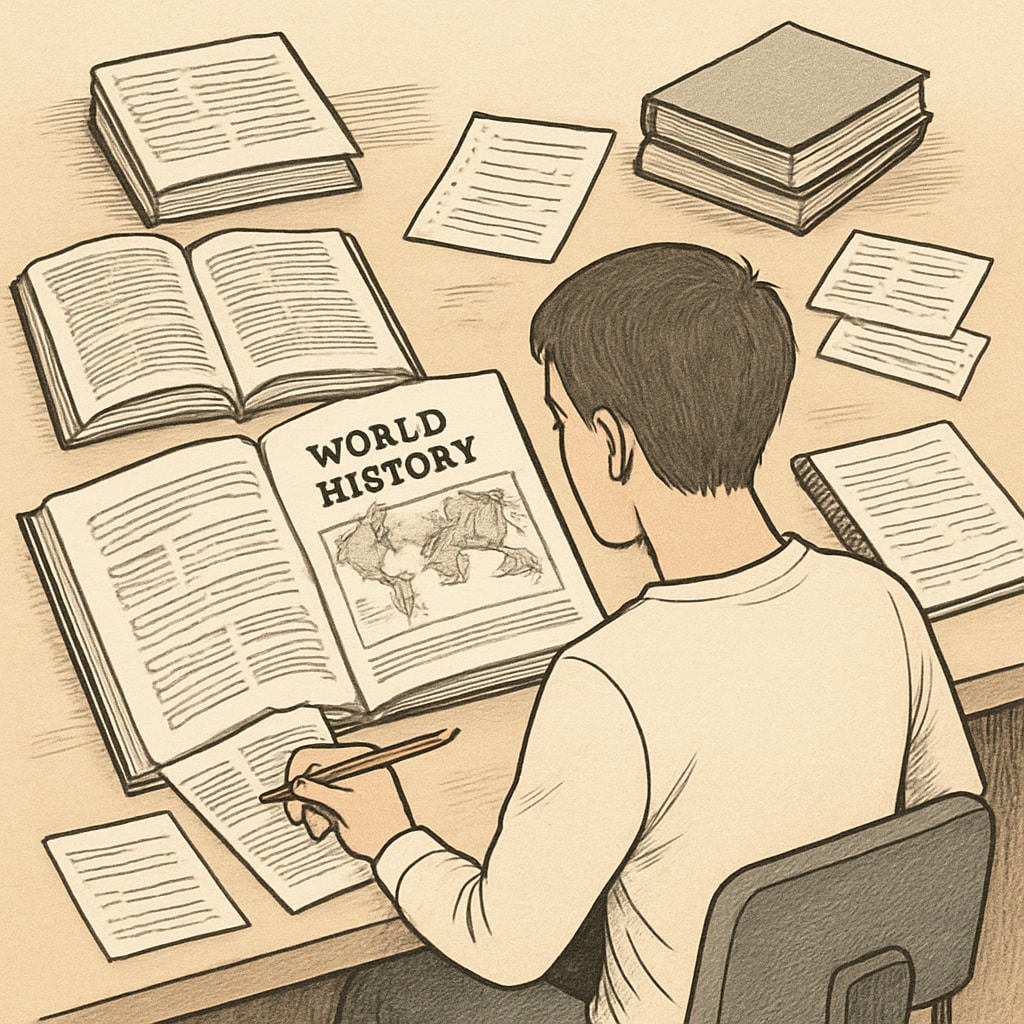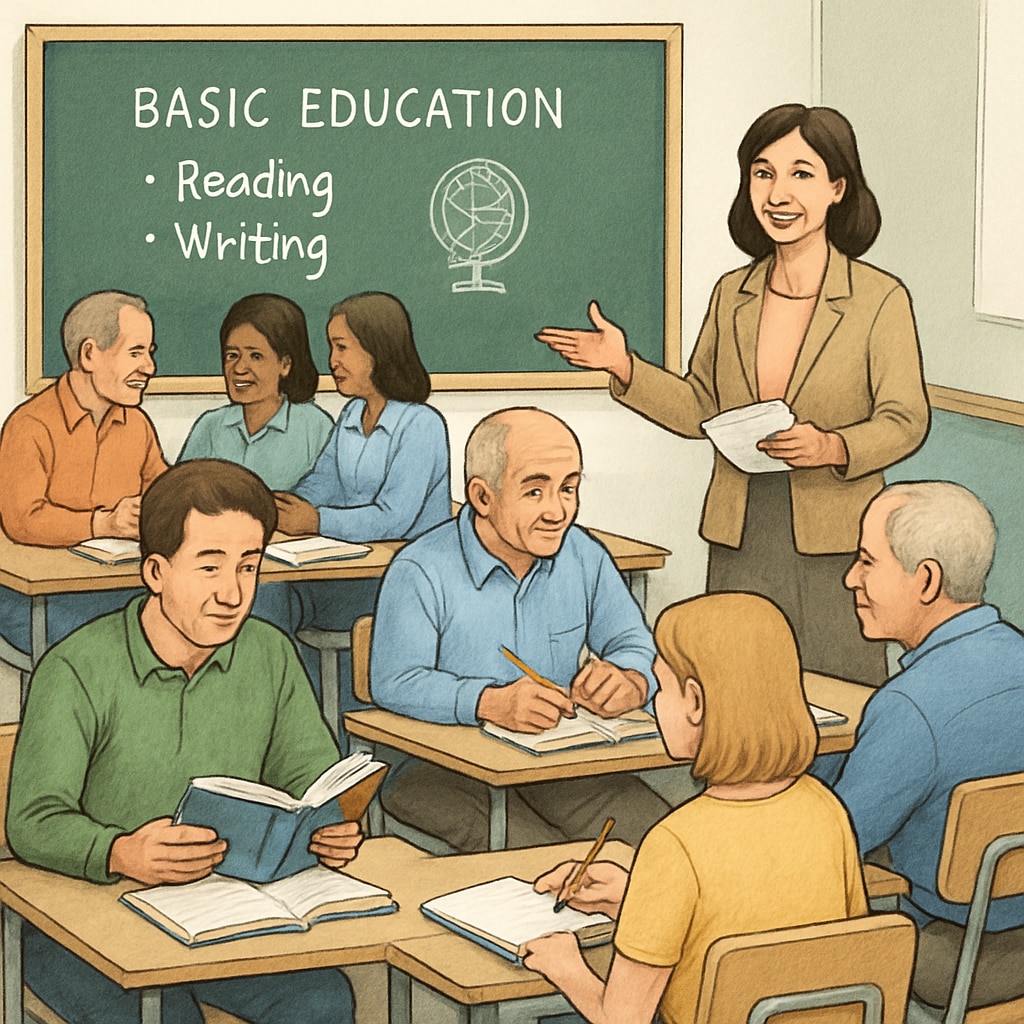For many adults with limited formal education, the prospect of restarting their learning journey can seem daunting. Whether due to personal circumstances or systemic barriers, gaps in basic education often lead to challenges in pursuing both personal and professional growth. This article addresses how adults can begin to fill these gaps, focusing on self-learning strategies, structured resources, and engaging topics such as world history as entry points for education. Using the example of a 25-year-old who has completed only first-grade education, we explore practical steps that make lifelong learning accessible and achievable.
Understanding the Need for Adult Basic Education
Adult basic education is crucial for those who missed out on foundational learning during childhood. It provides the building blocks for literacy, numeracy, and general knowledge, allowing individuals to develop skills applicable to daily life, employment, and personal fulfillment. For example, a lack of basic education might limit one’s ability to understand historical contexts, interpret written materials, or manage finances effectively.
In addition, engaging with subjects like world history can offer adults a gateway into broader learning. History connects us to the past, providing insights into human progress and encouraging critical thinking. It also serves as a manageable entry point for adults seeking to expand their knowledge incrementally.

Practical Steps to Restart the Learning Journey
Restarting education as an adult requires a structured, step-by-step approach. Here are some practical strategies:
- Assess Current Knowledge: Begin by identifying what you already know. This can include basic reading and writing skills or general understanding of certain topics.
- Set Clear Goals: Define what you want to achieve—whether it’s improving literacy, gaining new skills, or exploring subjects like world history.
- Use Accessible Resources: Online platforms like Wikipedia’s World History page or free educational sites offer starting points for self-study.
- Enroll in Adult Education Programs: Many local communities offer free or low-cost adult education courses. These provide structured learning environments and peer support.
- Practice Consistency: Dedicate regular time to learning. Consistency helps build habits and ensures steady progress.
For individuals like the 25-year-old in our example, following these steps creates a manageable roadmap that can lead to gradual improvement in both knowledge and confidence.

Engaging with World History as a Learning Tool
World history is an excellent subject for adults seeking to expand their horizons. It introduces essential skills such as critical thinking, contextual analysis, and cultural awareness. Moreover, historical topics are often presented in accessible formats, including documentaries, podcasts, and articles.
Some key resources for starting with world history include:
- Britannica’s History Overview: Offers detailed explanations of global historical events.
- Public libraries: Many libraries provide free access to historical books and learning materials.
- Online courses: Platforms like Coursera and Khan Academy feature beginner-friendly courses on world history.
By integrating history into their self-learning plan, adults can develop foundational knowledge while broadening their perspectives.
Overcoming Challenges in Adult Learning
While restarting education is empowering, it is not without challenges. Adults may face difficulties such as time constraints, lack of confidence, or limited access to resources. To address these obstacles:
- Seek Support: Engage with community programs, tutors, or online forums for encouragement and advice.
- Break Learning into Small Steps: Focus on mastering one topic at a time to build confidence gradually.
- Celebrate Milestones: Acknowledge progress, no matter how small, to stay motivated.
With persistence and the right strategies, adults can overcome these barriers and achieve meaningful educational growth.
Readability guidance: This article uses short paragraphs, clear transitions, and accessible language to ensure readability for all audiences. Lists and examples are included to summarize key points effectively.


